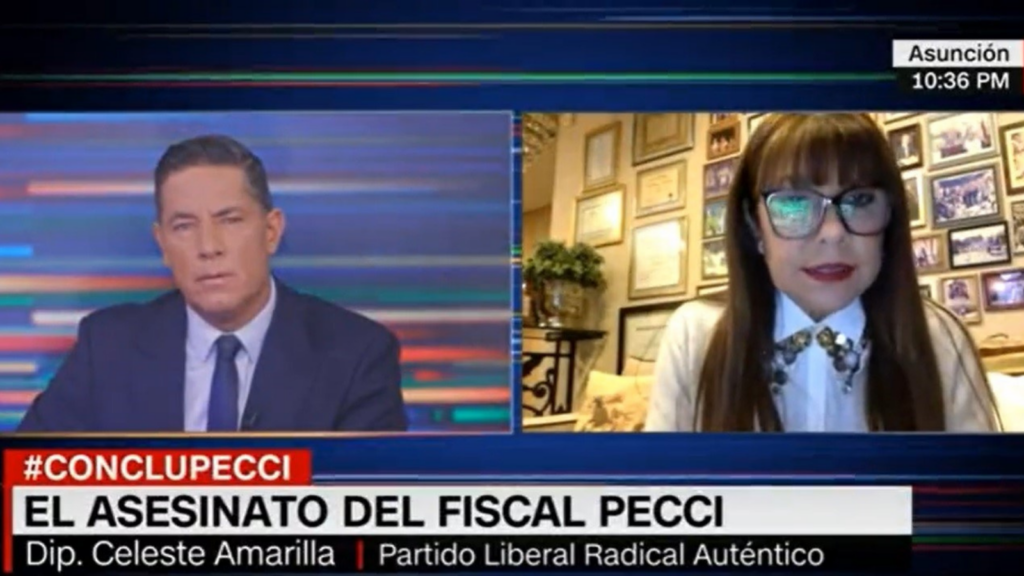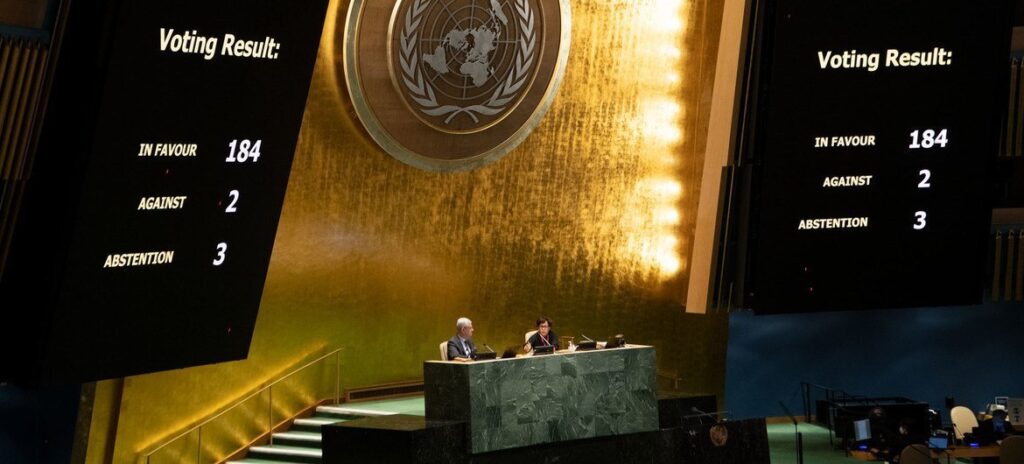AND
n recent years, drought has become an almost natural condition in vast areas of the planet. Most of the far west America, California in particular, has suffered from it for decades. In Africa it has caused humanitarian collapses. In recent times, the Mediterranean became one of its headquarters. The lack of water is already affecting the economies of Portugal, Spain, Italy and Greece. Today there is talk of rising gas prices and fossil fuels (the necessities and follies of His Majesty the automobile always monopolize attention), while the one that affects water consumption is invariably omitted.
In Mexico, it is enough to follow the itinerary of the social protests in which residents of multiple regions of the country reiterate that the scarcity of water is affecting not only their economies but, above all, their conditions of existence and ways of life. Particularly in the north, Baja California, Sonora, Chihuahua, Durango, Nuevo León and numerous regions of the Bajío are the sites of increasingly frequent water crises. Theories about the growing scarcity are multiple and are intertwined by the interests of industrial consumers, water bottlers, privatization of wells and, on the other hand, entire populations that, as in the case of La Laguna or the north of Zacatecas, have already disappeared. Almost completely.
Under the slogan of It’s not drought, it’s looting
, 21 organizations from Nuevo León detail the deep structure of an infrahistory that has placed the majority of the population in a state of precariousness with respect to water supply. Elizabeth Barrón Cano, who has been studying the subject for years, explains how 15 industrial conglomerates concentrate (approximately) 44.5 million cubic meters, when the amount destined for domestic consumption amounts to barely more than one million cubic meters, only 2.27 per cent of the total. The brewing industries, the bottled beverage industries, the steel and mining corporations devastated the aquifers of the region. In addition to this, former governors such as Jorge Treviño, Sócrates Rizzo and Fernando Canales Clariond amassed real fortunes in the business of privatizing wells. And, meanwhile, Conagua and Semarnat remain immobile, like most of the ecological policy of the current government. Justified and understandably, the protests are against the hoarding of the basic liquid and demand a fairer distribution in its consumption and uses.
However, the central problem escapes everyone’s gaze and awareness again and again. The alarming and increasingly prolonged dry seasons are due, in essence, to the desertification of large areas of the planet. For its part, the process of desertification has several origins: the multiplication of industrial production, the urbanization of the world, the transformation of water into a profitable commodity (the price of a liter of water is already equivalent to that of half a liter of gasoline). But its main reason is found in the natural metabolism itself: the deforestation of forests and ecological systems that guarantee the water cycle.
What is the central origin of the rapid process of deforestation? The answer is known and never addressed: the transformation of the main agricultural areas into regions dedicated to the cultivation and production of fodder to feed hundreds of millions of birds, pigs, cows and sheep that are waiting to be slaughtered to sustain the current food frenzy. In ecological terms, the production of a beef hamburger or the nutrition of a chicken require 3 thousand liters of water. Multiply by billions a year. Animal slaughter is destined to nest the logic of the valorization of capital in our habits and, above all, our bodies.
The animal that you kill every time you devour a piece of meat purchased from the colorful supermarket shelves represents, to this extent, the hidden link in the chain that largely co-produces the water crisis.
Why aren’t reforestation obligations imposed on the industries that today monopolize water consumption? Ecosia, the leading digital search engine in Germany, a giant company that has abandoned proprio motu the accumulation of private capital as a principle of its existence, dedicates its profits to reforestation. It has already planted more than 100 million trees in different parts of the world. More than a case, perhaps it represents a paradigm for the future.
It is not climate change that causes water scarcity, it is water scarcity (read: deforestation) that causes climate change. The task of revealing this contradiction is found in all current efforts to deconstruct the logic of the anthropocentric reproduction of society. That logic under which the optimization of profitability is hidden.

















